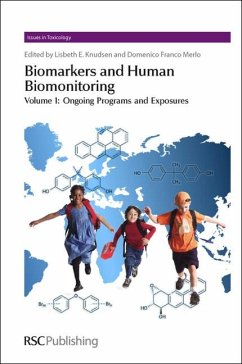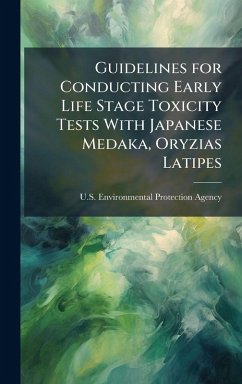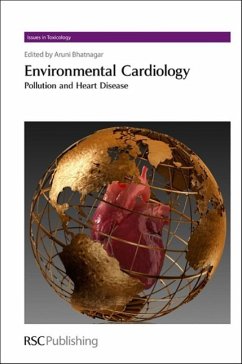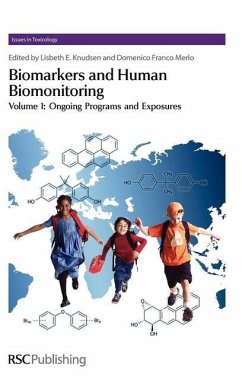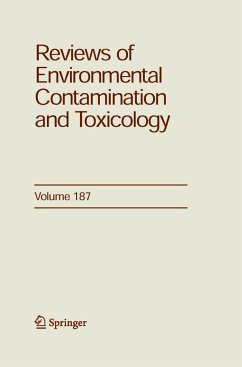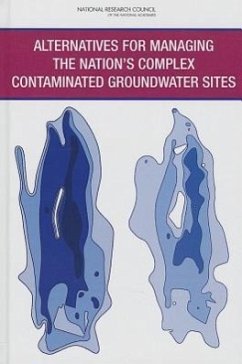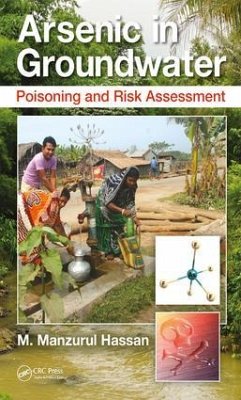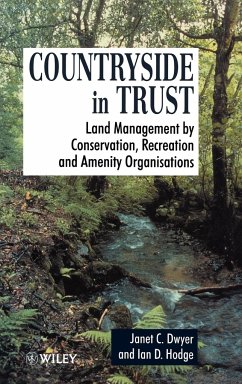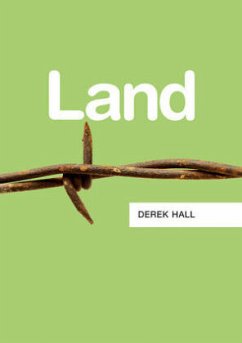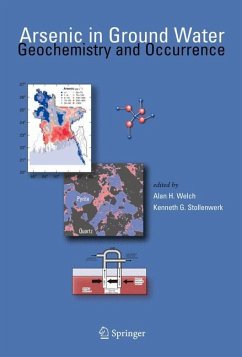
Arsenic Pollution
The Social Construction of Deviance
Versandkostenfrei!
Versandfertig in über 4 Wochen
69,99 €
inkl. MwSt.
Weitere Ausgaben:

PAYBACK Punkte
35 °P sammeln!
Arsenic Pollution: A Global Synthesis compiles and summarizes the most up-to-date research on the distribution and causes of arsenic pollution, its impact on health and agriculture, and the encouraging research that offers hope in mitigating this unfolding health crisis.
Arsenic Pollution summarizes the most current research onthe distribution and causes of arsenic pollution, its impact onhealth and agriculture, and solutions by way of water supply,treatment, and water resource management.
Provides the first global and interdisciplinary account ofarsenic pollution occurrences
Integrates geochemistry, hydrology, agriculture, and watersupply and treatment for the first time
Options are highlighted for developing alternative watersources and methods for arsenic testing and removal
Appeals to specialists in one discipline seeking an overview ofthe work being done in other disciplines
Provides the first global and interdisciplinary account ofarsenic pollution occurrences
Integrates geochemistry, hydrology, agriculture, and watersupply and treatment for the first time
Options are highlighted for developing alternative watersources and methods for arsenic testing and removal
Appeals to specialists in one discipline seeking an overview ofthe work being done in other disciplines





